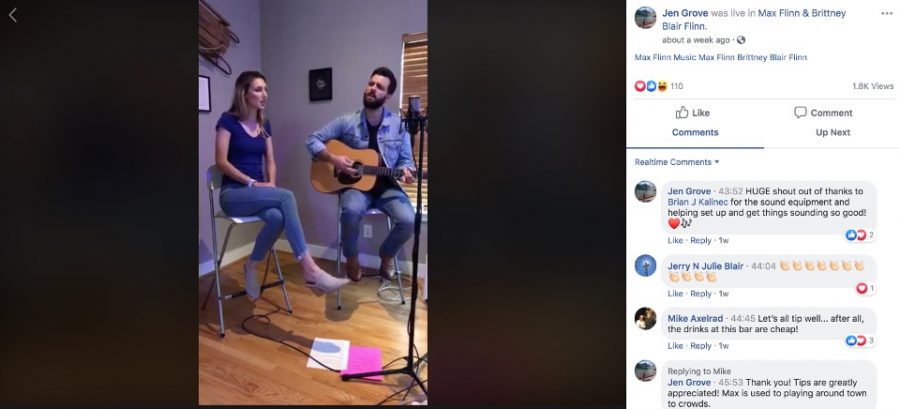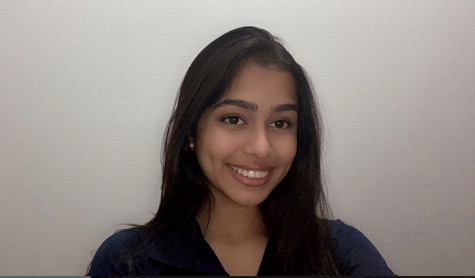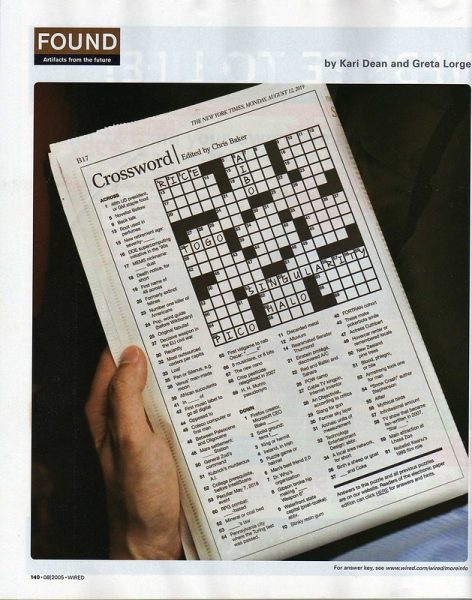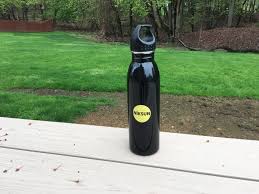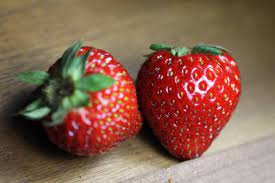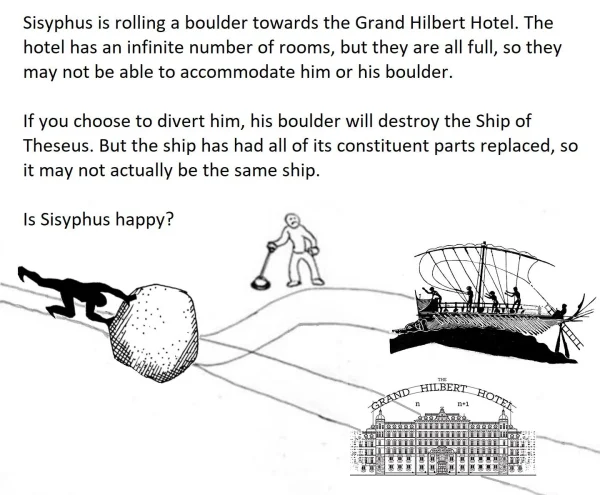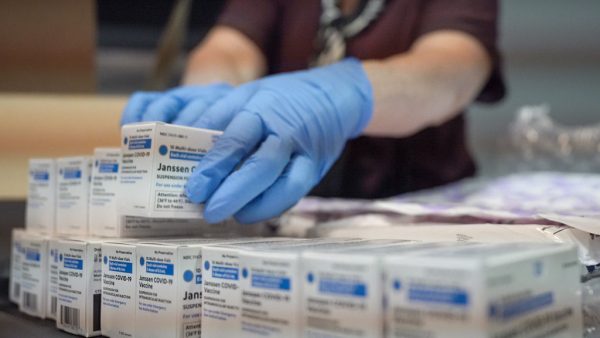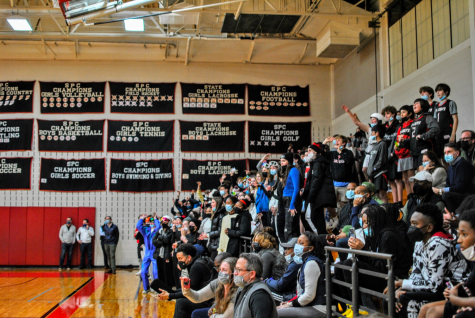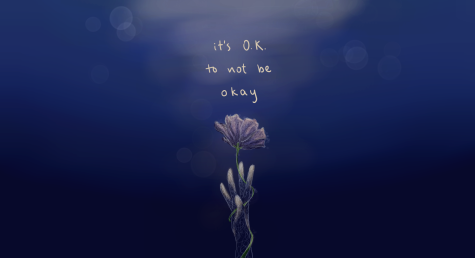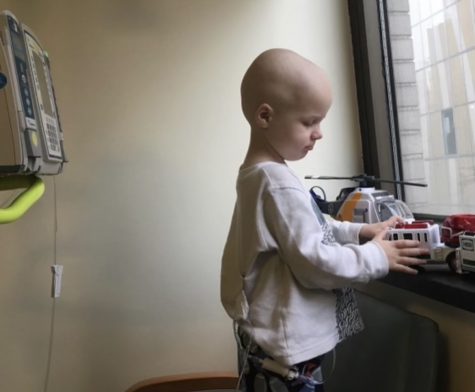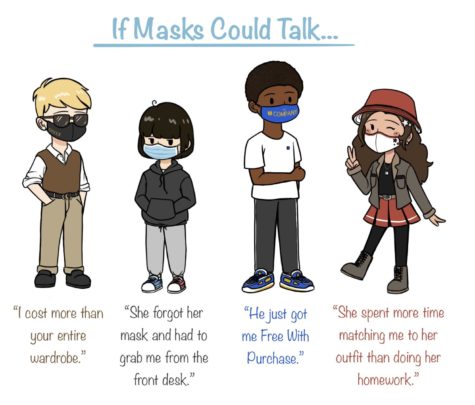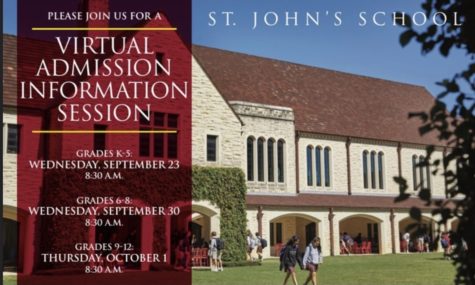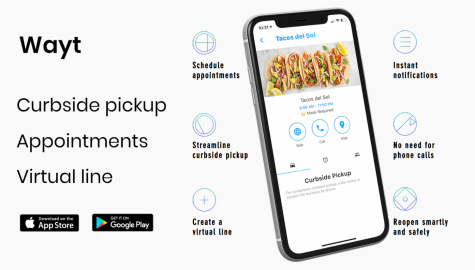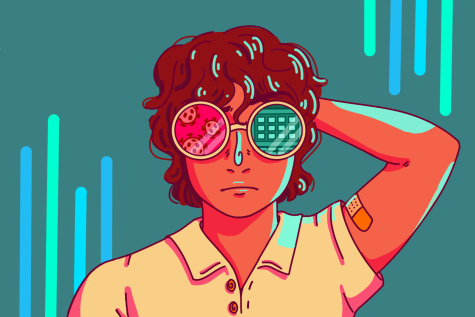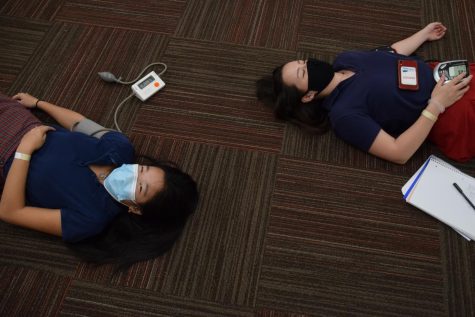Pandemic pop: musicians resort to virtual concerts, streaming services
Courtesy of Brittney Blair Flinn
After their live concert was cancelled, the Flinns decided to live stream for the guests that had RSVP’d.
April 14, 2020
Music has been forced into quarantine along with the masses. Concerts have been postponed until Fall 2021. Musicians are frantically churning out new singles in front of their personal computers on Twitch and raising money for medical workers on the front lines. People are turning to music in order to satiate their desperate need for a break.
Devastation ensued when almost all Houston area concerts were cancelled or postponed indefinitely. Sophomore Liv Rubenstein, an avid fan of Norweigan indie pop singer Girl in Red, was “heartbroken” when the singer was forced to cancel her concert. Nevertheless, Rubenstein “100 percent supports her decision.”
“Concerts [are] a hot, closed room full of people greeting each other and dancing [with] one another—of course it’s unsafe,” Rubenstein said. “It sucks, but it’s one of those things we just can’t control.”
Music has a special way of bringing us back to our true selves. — Max Flinn
Sophomore Lily Pesikoff is the drummer for Claremont Heir, a rock band of fellow Maverick sophomores. Not only did they have to cancel two concerts, but the pandemic has had serious repercussions on the band’s general operations.
While virtual platforms may be viable alternatives for classes or other kinds of meetings, the precise and nuanced nature of music makes online practices “nearly impossible.”
“A half-second delay could asynchronize everything and completely sabotage the practice,” Pesikoff said. “People have been adapting with other things, but it’s really hard to adapt with band practice.”
Pesikoff moved the SAC Coffeehouse Musical performances online as well.
“There was no point stopping it if school went online,” Pesikoff said. “And people really need music and happiness during this time.”
As the nation adjusts to the new reality of life under self-quarantine, a number of artists and bands are connecting with their fans on live streaming platforms to help alleviate the uncertainty and fear instigated by the outbreak.
Middle School math teacher Brittney Blair Flinn and her husband Max Flinn are a country music duo. The Flinns originally had a live concert scheduled on March 29, but rather than cancel the show altogether, they decided to live stream a performance for guests that had RSVP’d.
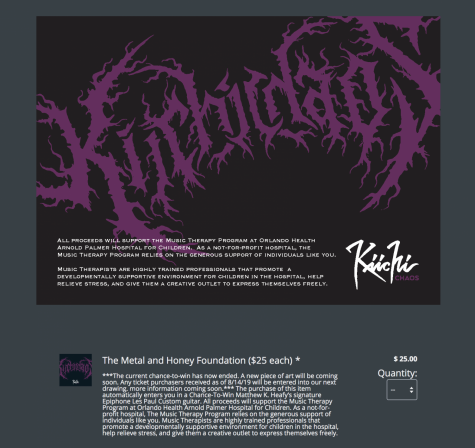
As live shows are their only source of income for many artists, some have set up donation websites to support their work and other efforts.
“Since this technology is available, we decided it’s the best option we have, and we know that people at home still want the experience of live music,” Max said. “It still allows for fan interaction through the comments and also has the ability to reach even more people than you might find at one concert.”
Since livestreams are free to the public, the Flinns are posting links to PayPal and Venmo for fans who would like to donate. For many artists, live shows are their primary source of income.
Virtual concerts eliminate one of the most integral parts of a performance—a live audience. The lack of fan reaction can feel awkward at first, according to the Flinns. Nevertheless, technology makes it easy to adapt.
“Performing without an audience is certainly a little awkward because having an audience is why we play music,” Max said. “Having people comment and responding to their questions [and comments] fills that void a bit.”
The Flinns’ songwriting endeavors have also suffered during the pandemic since Max cannot congregate with fellow songwriters due to social distancing.
“There is a different vibe right now, for sure,” Max said. “A lot of uncertainty. Honestly, I haven’t felt inspired to write lately.”
It’s that feeling of true human interaction I miss. — Lily Pesikoff
The pandemic also put a halt to Pesikoff’s musical endeavors. She had been cultivating her songwriting skills and vocals over the past few months, and she was excited to share her talents with friends.
Nevertheless, Pesikoff is embracing an optimistic mindset, taking advantage of social isolation to write more songs and nurture her creative expression. Unlike many established artists, she takes a different approach to conveying her feelings about coronavirus through song.
“I [would] never want to write my songs bluntly about how much it sucks staying in my house,” Pesikoff said. “My songs are more of the general feeling of not being able to see people. Even though you FaceTime, it’s that feeling of true human interaction I miss.”
The deep-seated culture surrounding music has also experienced a thorough transformations amid the outbreak. COVID-19 has caused a massive paradigm shift in the creation, consumption and perception of music.
Artists have incorporated coronavirus themes into new songs. The subgenre “pandemic pop” features songs about the virus that incorporate black humor and encapsulate the dread, confusion and need for answers that surround the outbreak.
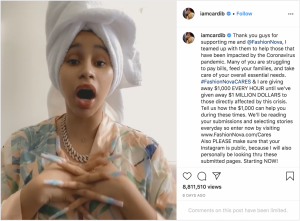
American rapper Cardi B. teamed up with Fashion Nova to donate $1,000 every hour until they give away one million dollars to individuals impacted by COVID-19.
When sophomore Thalie Waters first heard iMarkkeyz and Cardi B’s pandemic pop song “Coronavirus” on Instagram, she was “eerily amused but also kind of freaked out.”
For freshman Diana Duke, streaming services like Pandora have radio features that allow her to listen to a variety of complementary sounds and similar genres.
Such elements of streaming services, coupled with the enormous amount of free time, have allowed Duke to explore a variety of artists and albums. She recently delved into heavy metal.
“The quarantine has given me a lot of time to listen to music constantly, the perfect opportunity to immerse myself in this new genre,” Duke said.
The importance of music as a form of escapism has reached its zenith in the midst of the pandemic. Many students cite a growing appreciation of music in this uncertain time.
“People are able to appreciate the emotional depth of music more because it’s almost a necessity,” sophomore Romit Kundagrami said. “It’s kind of beautiful, but also really scary.”
Flinn observes that songs allow people to fully experience their emotions and be immersed in the present moment.
“Most of our daily lives are spent jumping from one task to another, which can often pull us away from our feelings and surroundings,” she said. “Music has a special way of bringing us back to our true selves.”




